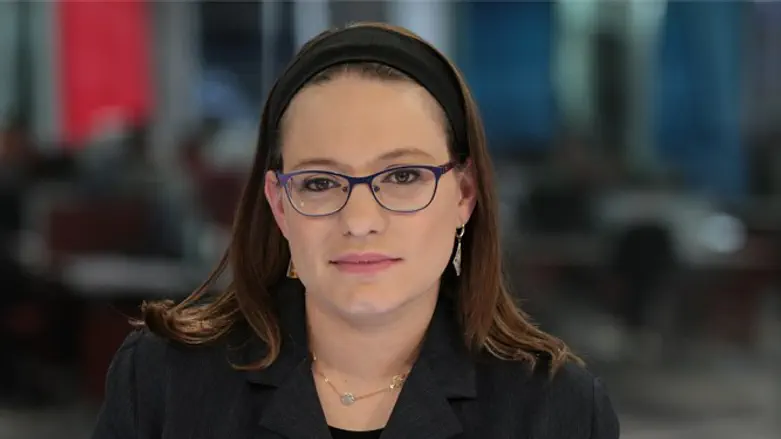
At many events in which I have participated, the organizers explained that this was not an ordinary event. It was "alternative" or "different."
Once I gave a lecture to some students and at the end one of them asked: "All the lecturers tell us to think outside the box. Did someone tell all all of you to say that?"
In the face of a desire to be new and fresh (positive in itself!), this week's Torah portion brings an important reminder: after receiving instructions on lighting the menorah in the Mishkan (desert sanctuary), the Torah describes Aharon HaKohen's response in a few words:
"And Aharon did so." (Numbers 8:3) Rashi explains the force of these words: "This shows Aharon's virtue that he did not deviate (from God's command)" [chabad.org translation]. Aharon neither added to nor took anything away from God's command. He did not innovate and he did not attempt to do anything differently. He did not suggest an alternative commentary or a new format. "And Aharon did so."
To act simply and without pretense is not as easy as it sounds. Two hundred years ago, Rebbe Nachman of Breslov articulated an amazing prediction: "The time will come when being a kosher and simple person will be an innovation as great as that brought by the Baal Shem Tov."
Are we living at such a confusing and challenging time that this moment has already arrived?
Is someone who lives with integrity and modesty -- who does not feel the need to invent himself or something new every minute -- the greatest innovation?
Translation by Yehoshua Siskin